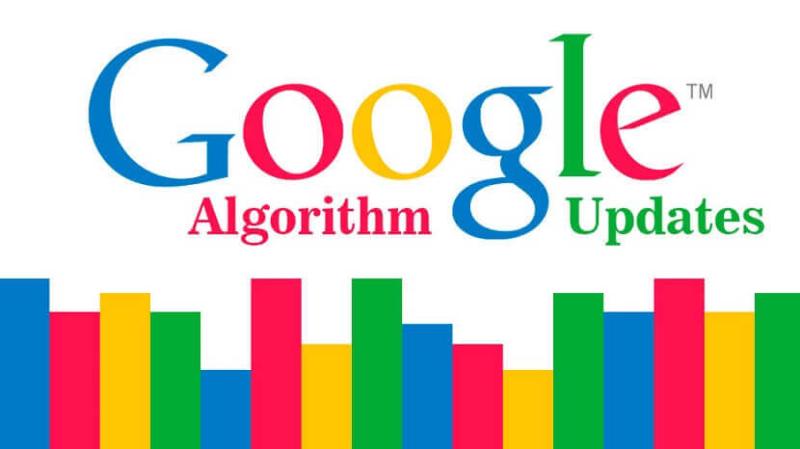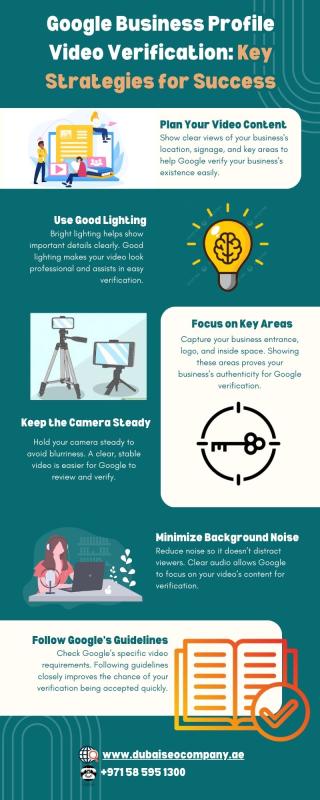Understanding Google Algorithm Updates: A Complete History

Google constantly improves its search results through a series of updates to its ranking algorithm. These updates, known as Google core updates, play a crucial role in determining how websites rank in search results. In this article, we will explore the history of these updates, their significance, and their impact on SEO ranking.
What are Google Algorithm Updates?
Google algorithm updates are changes made to the Google ranking algorithm, which dictates how websites are evaluated and ranked in search results. The purpose of these updates is to enhance the quality and relevance of search results, ensuring users find the most helpful information. Understanding these updates is vital for website owners and digital marketers, as they can significantly affect traffic and visibility.
Google Algorithm Updates Released
Over the years, Google has released numerous updates, each designed to refine the search experience. While some updates are small and go unnoticed, others, particularly Google core updates, are large-scale changes that can shift rankings dramatically. Below, we will look at a list of significant updates in chronological order.
List of Google Algorithm Updates
Florida Update - Nov 16, 2003
- The Florida update marked one of the first major shifts in Google's ranking algorithm. It aimed to reduce the effectiveness of keyword stuffing and low-quality content. This update emphasized the need for high-quality, relevant content.
Panda Update - Feb 24, 2011
- The Panda update targeted low-quality content and sites with thin or duplicate content. It penalized sites that did not provide valuable information, significantly impacting many websites’ rankings. This was a wake-up call for webmasters to focus on content quality.
Penguin Update - Apr 24, 2012
- Penguin focused on combating web spam and manipulative link-building tactics. Websites that engaged in keyword stuffing or unnatural link practices suffered significant ranking drops. This update reinforced the importance of building a natural and ethical backlink profile.
Hummingbird Update - Aug 20, 2013
- The Hummingbird update introduced a more conversational approach to search queries, emphasizing semantic search. It allowed Google to better understand the context and intent behind user searches, making it essential for content to align with user intent.
Mobilegeddon - Apr 21, 2015
- Mobilegeddon was designed to prioritize mobile-friendly websites in search results. As more users shifted to mobile devices, Google recognized the need to deliver mobile-optimized content, leading to significant ranking advantages for responsive sites.
RankBrain - Oct 26, 2015
- RankBrain introduced machine learning to Google's ranking algorithm, helping it understand complex queries and user intent better. This update signaled a shift towards a more intelligent search experience, where context and relevance became paramount.
Fred Update - Mar 8, 2017
- The Fred update targeted low-quality content that prioritized ad revenue over user experience. Websites with aggressive advertising and poor content saw drops in rankings, emphasizing the need for balance between monetization and user satisfaction.
Medic Update - Aug 1, 2018
- The Medic update had a significant impact on health and wellness websites, emphasizing expertise and trustworthiness in content. Websites with low E-A-T (Expertise, Authoritativeness, Trustworthiness) metrics saw drops in rankings.
Bert Update - Oct 25, 2019
- The BERT update improved Google's understanding of natural language, focusing on the context of words in searches. This update helped Google grasp nuanced queries and deliver more relevant results, making it crucial for content creators to focus on natural language.
Core Web Vitals - May 2021
- Core Web Vitals introduced user experience metrics, including loading speed, interactivity, and visual stability, into the ranking algorithm. Websites that prioritize these factors see better rankings, aligning with Google's focus on user experience.
Page Experience Update - June and July 2021
- Building on the Core Web Vitals, this update further emphasized user experience as a ranking factor. Sites that provide a positive user experience, including mobile optimization and fast loading times, gain an advantage in search rankings.
Helpful Content Update - Aug 2022
- This update aimed to promote content that is genuinely helpful and written for users rather than search engines. Websites focusing on providing valuable, relevant content were rewarded with higher rankings.
Dec 2022 Link Spam Update
- This update targeted spammy links that manipulate rankings. Websites engaging in low-quality link-building practices were penalized, emphasizing the importance of earning backlinks naturally.
Mar 2023 Core Update
- Another significant Google core update, it focused on improving overall search quality. Websites with high-quality content and strong user engagement were favored.
Nov 2023 Review Update
- This update emphasized the importance of genuine user reviews and experiences. Websites with authentic and informative reviews gained higher visibility in search results.
Mar 24 Core Update
- Similar to previous Google core updates, this update aimed to improve content quality and user satisfaction. Sites that provided valuable information saw boosts in their rankings.
Aug 2024 Core Update
- The most recent update focused on enhancing search results and addressing evolving user needs, further refining how Google evaluates content quality.
Impact on SEO Ranking
The impact of these Google core updates on SEO ranking cannot be understated. Each update brings a new set of guidelines that website owners and SEO professionals must adapt to. Understanding the nature of these updates helps in developing strategies to maintain or improve search rankings. High-quality content, ethical SEO practices, and a focus on user experience remain key factors for success in the ever-changing landscape of SEO.
Conclusion
Staying informed about Google core updates and their implications is essential for anyone involved in SEO. As Google continues to refine its ranking algorithm, adapting to these changes will help websites maintain their visibility and relevance in search results. Focus on delivering high-quality, user-friendly content, and keep abreast of future updates to ensure sustained success in SEO ranking.









Comments